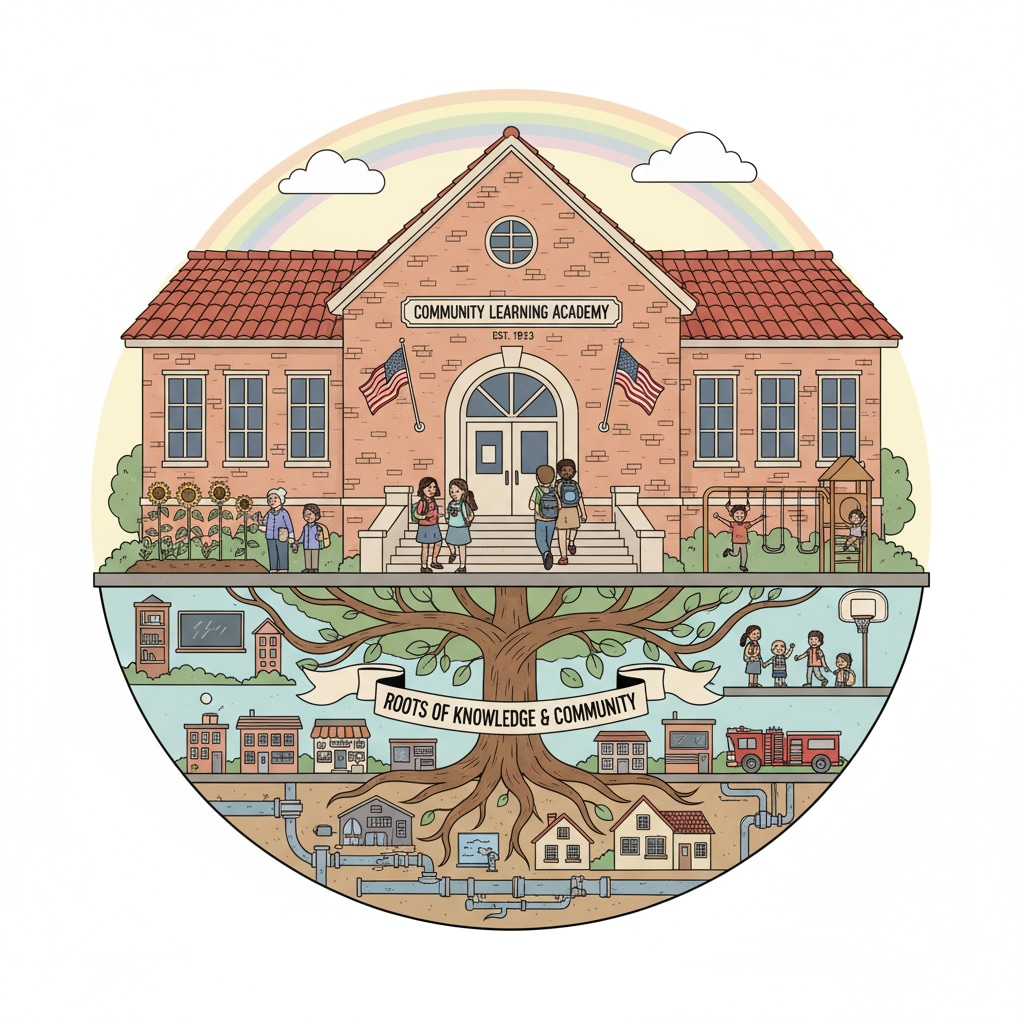“School choice, conservatives, and education policy” are intertwined concepts that often spark intense debate. While school choice policies are typically associated with conservative support for educational reform, there exists a significant current of criticism within the conservative camp itself. This article delves into these critical perspectives, examining the reasons behind their concerns and the traditional educational values they aim to preserve.
The Promise of School Choice
School choice policies are designed to give parents more options in selecting the best educational environment for their children. Proponents argue that increased competition among schools can lead to improved educational quality. For example, in a free market of education, schools would strive to attract students by offering better curricula, more qualified teachers, and innovative teaching methods. According to Wikipedia’s entry on School Choice, this system aims to break the monopoly of traditional public schools and provide a wider range of educational opportunities.

Conservative Concerns
However, many conservatives are wary of the full implications of school choice policies. One major concern is the potential erosion of local community schools. These schools have long been the cornerstone of local communities, fostering a sense of unity and shared values. Conservatives worry that as students are lured away to other schools, the social fabric of these communities could be disrupted. Additionally, there are fears that a free market in education might lead to a two-tier system. Wealthier families may be better able to afford high-quality private or charter schools, leaving less affluent families with limited options. As Britannica’s article on Education Policy points out, maintaining equality of educational opportunity is a crucial aspect of any educational system.

Another aspect that troubles conservatives is the potential for a lack of oversight in a more decentralized education system. With more schools operating independently, ensuring that educational standards are met across the board becomes a challenge. Conservatives believe that a certain level of government regulation is necessary to safeguard the quality and integrity of education. They are concerned that too much freedom in the education market could lead to schools cutting corners or promoting unorthodox educational ideologies.
In conclusion, while school choice policies hold the promise of revolutionizing education, the conservative criticism offers valuable insights. By understanding these concerns, policymakers can work towards crafting educational reforms that balance the goals of providing more choices and upholding traditional educational values. The debate around school choice, conservatives, and education policy will surely continue, as society grapples with finding the best way to educate future generations.
Readability guidance: The article uses short paragraphs and lists to summarize key points. Each H2 section provides relevant information. The proportion of passive voice and long sentences is controlled, and transition words are scattered throughout to enhance readability.


